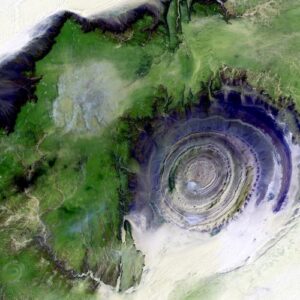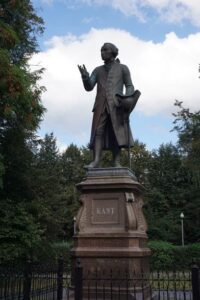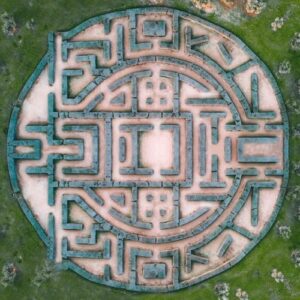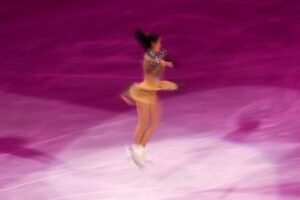A priori Knowledge in German Idealism

Despite the contradictions discovered in the theory of the Critique of Pure Reason, a few Kantian ideas became soon after its publishing philosophical commodities concerning a priori knowledge. First, the need to transform philosophy into a deductive science based on principles, a science that could ground all the other less abstract sciences, like Newtonian physics …








